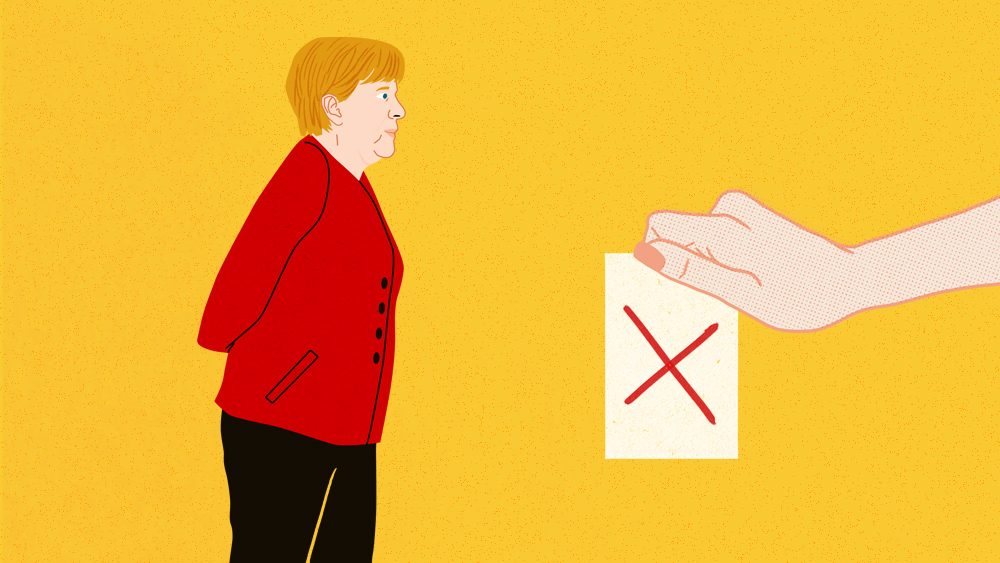Massively expand broadband, create a digital ministry, get behind the EU’s Digital Single Market project, and start thinking about the military use of AI.
Dear Chancellor X,
Outgoing Economy Minister Brigitte Zypries is fond of saying: “In the age of the Internet of Things, the United States has the Internet. Europe has the things.” It is true that the top four publicly traded US companies – Apple, Alphabet, Microsoft, and Amazon – are all tech companies. But the largest German companies – Daimler, Volkswagen, BMW, Siemens, and Bayer – are tech companies, too. They just don’t act like it.
Digital policy featured prominently in all the parties’ manifestos, including yours. Germany has become more sophisticated in thinking about tech policy, moving beyond a focus on data protection toward areas like the industrial Internet, innovation, the sharing economy, and competition law. Your government will have the chance to position Germany as a global leader in international digital policy. Here are five policies that – among others – could help you do so:
Start with investment in digital infrastructure. Every party platform – even the AfD – states that German broadband must be significantly improved to ensure future competitiveness. Presently, Germany ranks 26th in OECD broadband, behind Poland, the Czech Republic, and Slovakia among others – not a good place.
Create a digital ministry that unites tall the relevant responsibilities and budgets of the economy, interior, and transportation ministries. Bolster Bundestag digital literacy. Balance the interests of incumbent industries like telecoms or publishing houses and startups. Focus financial resources in efforts to advance university research; attract and retain talent and deepen the European market.
Get behind the EU’s Digital Single Market project. The EU’s ambitious project to add open, free, secure movement of data as a fifth freedom to the four defining areas of goods, services, capital, and labor will be a precondition to a 21st century European single market. Germany has been a fair-weather partner in this ambitious project. Without German backing, it will not succeed. Provide the lift to the DSM starting at the Tallinn Summit on September 29. Immediately launch a joint Franco-German R&D and policy initiative to drive European AI. With the US, work within the EU to re-launch the Transatlantic Economic Council, but emphasize the importance of different philosophies of tech regulation, joint impact assessments on regulation, and increased usage of review clauses.
Shape global Internet policy with an eye to autocratic states. Germany’s digital policy debate has been inward-looking, with senior officials like Sigmar Gabriel speaking about “digital sovereignty” and the expansion of hate speech. German rhetoric and policy has often been used to give cover to authoritarian regimes in Russia and China. Both are eying German definitions of data localization, data protection, and the Maas Law as templates to limit Internet freedom at home. Embed German digital policy-making within an international context.
Lead on defining limitations for the use of artificial intelligence in warfare. Countries like Russia, China, and the United States are already thinking about lethal autonomous weapons; swarm drones; supercharged AI surveillance; and hyper-sophisticated fake information like forged videos and interactive electronic communication. Germany and Europe can lead on creating international law governing the use of AI in war. Beyond that, Germany should continue to build military and civilian cybersecurity policy around encryption, hack-back capabilities, resilience, recruitment, and critical infrastructure protection at state, federal, and European levels.







